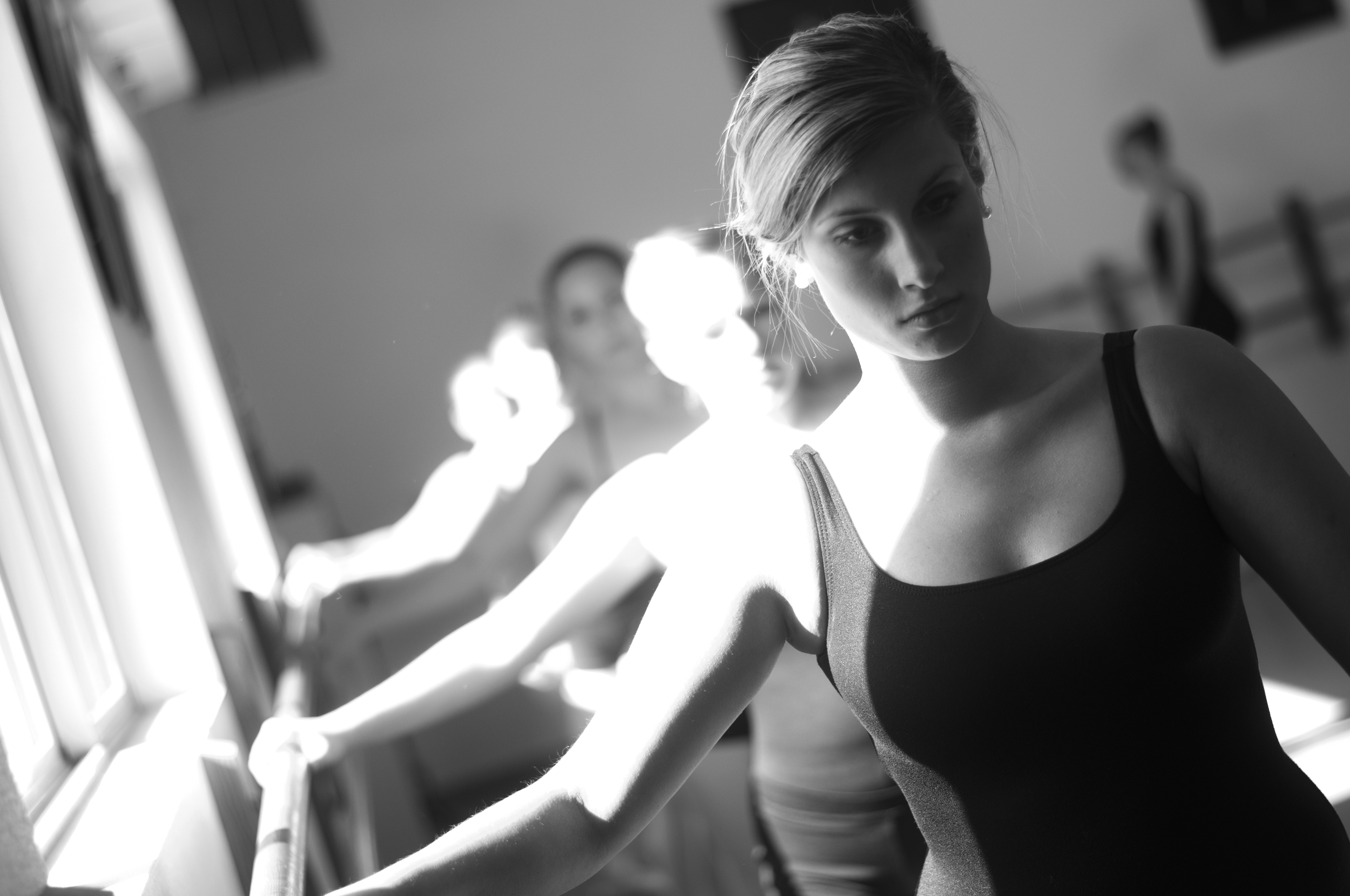Ten Ways to be the perfect Dance Mom
/It's competition season. I have a lot of first time parents attending competition this weekend and some of them are wondering what their role is as a "Dance Mom." I can assure you that what you see on TV is not what dance competition is about. But there are tips that can help you be the perfect Dance Mom at dance competition.
- Be informed. Your teacher wants you to have the information that you need. Most likely you received emails, handouts, maybe even a parent meeting, to go through the details of competition. Listen carefully and take time to review those materials before competition.
- Ask a parent first. Another dance parent may know the answer to a question you have. Your instructors are juggling a lot of balls during competition, so if you can get the answer from a fellow parent, start there first.
- Go to your teacher, not event staff. If a parent can’t answer your question, ask your teacher. Competitions are typically hosting anywhere from ten to thirty studios with hundreds, or thousands, of dancers. Event coordinators are there to manage studio directors. Studio directors are there to manage dancers and parents. If you have a question or concern, the appropriate “chain of command” is to go to your instructor or director first. When you approach the competition director or staff, you give the appearance that your studio director is not doing their job. We work very hard for our students and if you need help, please come to us first.
- Don’t discuss other dances. Every dancer worked hard to be at competition. Whether you care for their dance or not, they are deserving of your appreciation and respect. Even a seemingly innocent comment can be misinterpreted and you may be sitting the row behind that dancer’s parent. Keep your comments to yourself for the car ride home!
- Praise the process. Find times to praise your dancer throughout the day, not just after they perform. Compliment them on how prepared they are. Tell them you are proud of the hard work they put in and how much they practiced. This way the focus is about their effort to reach this point, regardless of the outcome on stage.
- Don’t question the scoring. Competition should be an opportunity for your dancer to express what they love on stage and be acknowledged for their hard work. If you start analyzing their total points or what division they are in, or when the age cut off is, or how many years so-and-so has been dancing – you are missing the boat. Your dancer is doing what they love on stage – embrace the moment, don’t spend it nitpicking scores. If you have a legitimate question, send your teacher an email after the event is over.
- No armchair quarterbacking. This is not the time to give your dancer last minute advice. Everything they need to know, they have learned and prepared for in class. Last minute “don’t forget to…” advice from parents doesn’t help the process. First of all, we never draw attention to areas of weakness before performance, it only makes the dancer focus on them more. Second of all, pointing out an area they typically struggle with may make your dancer doubt themselves before walking on stage – they need to walk on with complete confidence. Do not go backstage, this is their teacher's job. Sit in the audience and show your dancer and their teacher that you have confidence in their abilities.
- Remember, it’s just a trophy. Of course we want our dancers to do well, we train hard for these opportunities, but your dancer is the same dancer ten minutes before their awards ceremony as they are ten minutes after. Do not let your dancer be defined by a plastic trophy. If your excitement and enthusiasm for them ebbs and flows based on the trophy level, their self worth becomes tied up in a trophy.
- No excuse-making. If your dancer didn’t score well or place higher it was not because the judges didn’t like their dance, or that another studio had more entries, or that the stage was slippery, or any other of the thousands of excuses I’ve heard from dancers and parents. If you think your dancer needs some encouragement, you can say – “every judge has their own opinion and on another day it could have gone differently.” Then follow that up by “the dancer that won was amazing, and that gives you something to work towards.” Dancers should be inspired by other dancers. Embrace difficult competition and use it as motivation.
- Get back to training. Take time to enjoy competition and celebrate this special moment for your dancer. Then remember that most of the time and energy they put in is daily studio work. Celebrate that as well. It doesn’t take a glittery costume and false eyelashes for your dancer to feel good about their dancing. The most powerful thing you can tell your dancer is “I love watching you dance.” That can be in the studio, on a competition stage, or in your living room. Celebrate their dancing in all areas of their life and let competition be one facet of their training.
And most of all - enjoy this time! Competition can be an amazing, fun, supportive time for your dancer and for you. Take time to thank your teacher for their work with your child. Tell another dance mom how great her make-up skills are. Thank the dad who made a Starbucks run. Find something to laugh about - and let your dancer make you tear up - it's all part of this crazy, wonderful roller coaster that is the dance life. A true dance mom embraces it!

